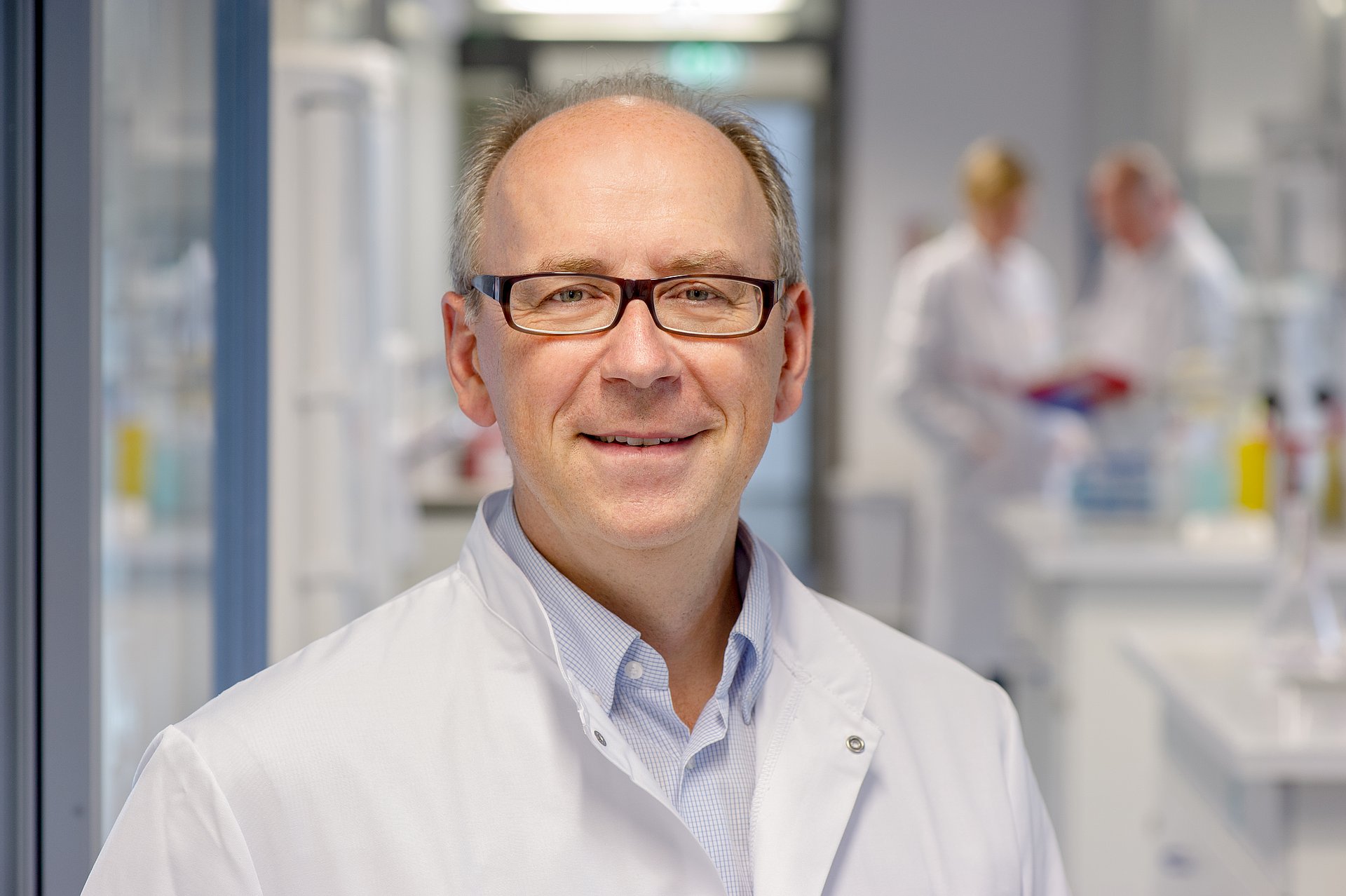Cause of suppression of immune function in patients with liver cirrhosis discovered
How harmless bacteria can cause fatal infections

Each year, about 170,000 people die of complications of hepatic cirrhosis in Europe. Frequent causes of the widespread disease include alcohol abuse and some types of hepatitis. Liver cirrhosis develops gradually over a period of years and decades. During this process, liver cells die and get replaced by connective tissue. The scar tissue blocks the flow of blood through the liver leading to increased pressure in the blood vessels in the intestine and thus to the leakage of intestinal bacteria, which reach the liver via the blood.
It has long been known that patients with hepatic cirrhosis have impaired immunity. The exact causes, however, were largely unknown. The team of Prof. Percy Knolle, director of the Institute of Molecular Immunology and Experimental Oncology at TUM, and Dr. Zeinab Abdullah at the Institute for Experimental Immunology in the University Hospital Bonn, together with colleagues from the Department of Internal Medicine, LIMES-Institute at the University of Bonn and the RWTH University Hospital Aachen has now discovered the processes behind the attenuation of the immune system.
Collapse of the immune function
In mice suffering from liver cirrhosis, the scientist observed a sustained production of Type-1 interferon by immune cells in the liver as a reaction to harmless intestinal bacteria in the blood stream. "Type-1 interferon is usually only produced sporadically. It is one way to trigger an immune response to viral or bacterial infection," says Percy Knolle. "If this substance is produced continually, this can lead to problems." That is exactly what happened in the experiment when a second infection was added. When the immune cells were infected by listeria, a type of pathogenic intestinal bacteria, the production of Type-1 interferon massively increased.
If a certain threshold level of Type-1 interferon is reached, the body counteracts and releases interleukin-10 which suppresses the immune reaction. In the experiment, this led to a defect in the anti-bacterial functions of the immune cells and thus to a fatal course of infections.
The scientists also performed these studies on immune cells, more precisely: monocytes, from the blood of cirrhosis patients. "Following infection with pathogenic bacteria, we also observed highly elevated production of Type-1 interferon and interleukin-10 by monocytes from cirrhosis patients," Zeinab Abdullah summarizes the outcome. "Our results identify the blind spot of the immune system that is responsible for the failure of the immune response to bacterial infections."
Approaches for new diagnoses and therapies
Further experiments identified new therapeutic options: Mice that were unable to produce Type-1 interferon were protected against Listeria infection. While the immune response obviously could not be triggered by Type-1 interferon, there are other mechanisms in the body for that task. Those mechanisms, however, would have been blocked as well, had the cells produced interleukin-10 as a response to high levels of Type-1 interferon.
"The groundbreaking finding of our study is that we might be now able to treat a life-threatening bacterial infection without antibiotics, simply by strengthening the immune response", says Percy Knolle. According to the researchers, this give rise to hope for new therapeutic options. "When the formation of Type-1 interferon in the liver cells is blocked by suitable substances, there is a prospect of reinvigorating the immune system", adds Professor Knolle. However, if this promising approach is suitable for actually treating patients must first be confirmed in clinical studies.
ContaCt
Prof. Dr. Percy A. Knolle
Institute of Molecular Immunology/Experimental Oncology
Technische Universität München
Tel. 089/41406920
E-mail: percy.knolle@tum.de
Original publiCation
C.-P. Hackstein, L. M. Assmus, M. Welz, S. Klein, T. Schwandt, J. Schultze, I. Förster, F. Gondorf, M.Beyer, D. Kroy, C. Kurts, J. Trebicka, W. Kastenmüller, P. Knolle, Z. Abdullah, "Gut microbial translocation corrupts myeloid cell function to control bacterial infection during liver cirrhosis", Gut 2016, DOI: 10.1136/gutjnl-2015-311224